Yet, that process provides a wealth of useful information, while the rigor of directly comparing companies - one against another - forces us to think about what we mean by the term 'top developers'.
In terms of our process at PocketGamer.biz, we used metrics such as creativity, critical acclaim, sales performance, innovation especially in terms of business model, and that certain je ne sais quoi that only the best studios exude.
The full list - produced in conjunction with leading app store analytics company App Annie and the largest Chinese mobile game development platform CocoaChina - will be revealed daily through our Top 50 Developer of 2013 section.
20. Game Insight
Up 15 (from 2012)

Founded in 2010, Russian outfit Game Insight hit the ground running. Consisting of a dozen studios - its headcount is now over 500 - it was quick into free-to-play mobile games, especially on Android.
Its focus is casual sim and city-building games, set in exotic locations, while a keen understanding of monetisation has ensured its 140+ million downloads have converted into strong revenue numbers. For example, Airport City has generated over $19 million, Paradise Island over $23 million and Mystery Manor over $41 million. Annual sales during 2011 were rumoured to be over $50 million, with more fuel for expansion provided by a recent $25 million VC round.
19. Mojang
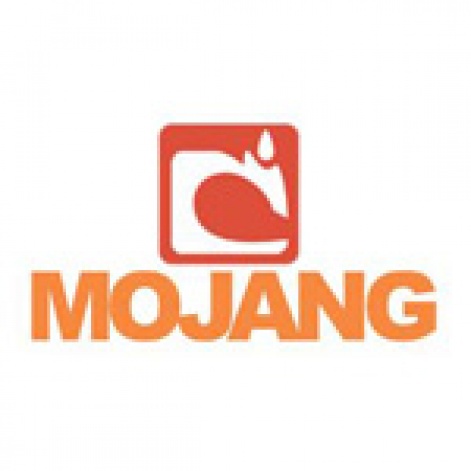
Up 24
Is Mojang a core mobile developer? No. Minecraft was originally a PC phenomenon before user demand brought it to iOS and Android in the cutdown form of Minecraft - Pocket Edition. But despite its $6.99 price tag, it continues to sell strongly: 5.9 million during 2012. That's a cool $29 million in net revenue.
So maybe not core, but Mojang is certainly a key mobile player. It's found itself a special niche on the platform, just as it has on PC. Whether it can repeat the experience with forthcoming multi-platform collectible card game Scrolls, we'll find out later in 2013.
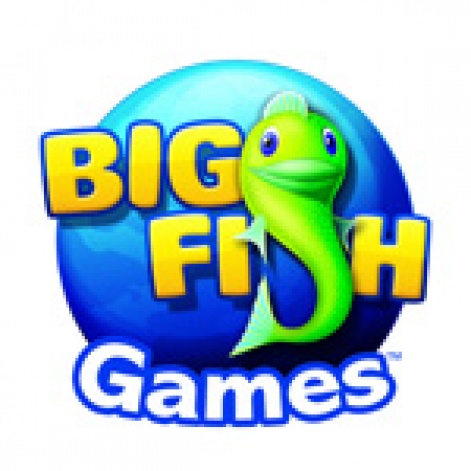
18. Big Fish Games
Up 5
One of the heavyweights of the PC casual space, Big Fish had already moved to mobile with success (especially on iPad), although its hidden object games were premium experiences. Even if you downloaded them for free, you paid to unlock the majority of content.

The big change in 2012 saw the company embrace free-to-play titles. It's only released three to-date - Big Fish Casino, Found and the excellent Fairway Solitaire - but they're generating around $4 million per month; a number we expect to increase substantially. Plus there's the potential of its tablet streaming game service Big Fish Unlimited to consider.
17. Kiloo Games
New entry
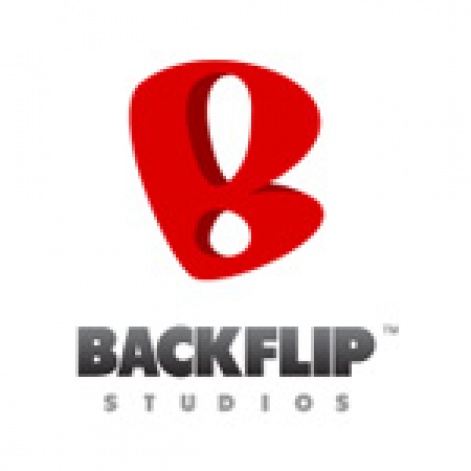
One of the veterans of mobile game development, Danish studio Kiloo surprised everyone when it released Subway Surfers' usage figures. Co-produced with fellow Danish outfit Sybo, it's been downloaded over 130 million times on iOS and Android, racking up a massive 25 million daily active users. That's Angry Birds-style popularity.
When it comes to monetisation, the game has taken longer to get up to speed. Kiloo says it prefers to focus on retention. Still, now comfortably in the US top 20 top grossing charts, this should provide a good foundation for the five new titles Kiloo has in co-production.
16. Backflip Studios
Down 11
Backflip released its signature game DragonVale in October 2011, and ever since the dragon breeding/nurturing title has sat strong in the top 20 US iOS top grossing charts. It was the top grossing iPad in the US last year. 2012 also saw the release of Android versions for Amazon and Google Play. No numbers have been formally released but if it's not already, it surely soon will rank as a $100 million franchise.
It's a remarkable demonstration of the power of a new theme within a well-understood genre when backed by a laser-focus on running a service: in this case that's a big monthly update.
15. Storm8
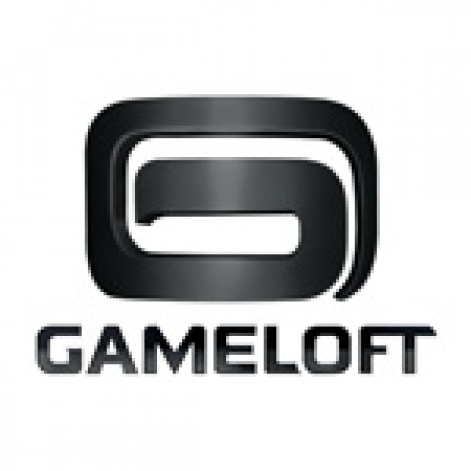
No change
One of the original social mobile games success stories from 2009, Storm8 recently announced some big numbers; 400 million downloads, 200 million players, and 10 million DAUs across its large portfolio of casual, core and casino games.
Indeed, it remains hard to keep track of everything the 175-strong outfit is up to given the different labels it releases under: Storm8 for midcore; TeamLava for female-casual; Shark Party for social casino; and FireMocha for hardcore. But tying everything together is its own integrated social network, which provide cheap user acquisition via cross promotion, enabling its games to get critical mass very quickly.

14. Gameloft
Down 7
2012 saw another strong financial performance from French publisher Gameloft. Sales were up 27 percent to $275 million; higher than the $260 million it originally predicted. What's significant about its operations, however, is that unlike most other companies on this list, it doesn't appear to have any key top grossing titles. Social free-to-play game Ice Age Village was the only one of its titles that featured in Apple's top grossing charts for 2012, for example.
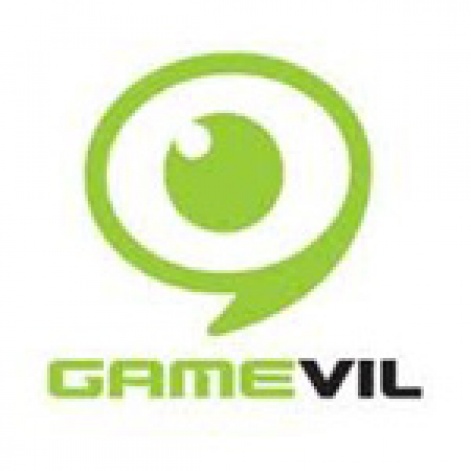
Instead, Gameloft continues with a volume-and-scale approach to the market, with Java game sales in emerging markets remaining a surprisingly key element of its revenue.
13. Imangi Studios
New entry

Things just continue to better for Temple Run outfit Imangi. Having announced the original free-to-play title had been downloaded over 100 million times in August, it continued to demonstrate indies can prosper on the App Store. The sequel blasted out of the blocks in January, out-scoring Angry Birds Space with 50 million downloads in 13 days.
In addition to working on their own games, the husband-and-wife team (now plus three staff) also found the time to help out Disney as it uses the addictive nature of the endless running gameplay to promote movies like Brave and Oz.
12. Gamevil
Down 1
Building on its strong 2011 performance, Korean publisher Gamevil boomed in 2012. On the back of the fast-growing domestic market, sales were up 64 percent to $66 million. The company predicts this will be $94 million in 2013 so it's no wonder its share price has risen over 50 percent in the past 12 months, valuing Gamevil at over $500 million.
Top performing titles included free-to-play social games such as Fishing Superstars and Punch Hero, which combined with the continuing expansion of its third-party publishing operations saw Gamevil sail past the 200 million download mark in December.
11. CyberAgent
New entry
While it operates Japanese social mobile network Ameba, amongst other internet properties, web giant CyberAgent's high ranking on the 2013 list comes thanks to its subsidiaries Cygames and Applibot.
The former is famous for card-battler Rage of Bahamut. Published on DeNA's Mobage platform (DeNA has equity in Cygames), the title has been downloaded more than 10 million times globally and has ranked top 20 in the iOS and Android top grossing charts since launch.
Similarly, Applibot's Legend of the Cryptids has been very successful on both platforms. The result is CyberAgent's mobile game revenues in 2012 were $290 million.
You can see the full Top 50 Developers of 2013 list as it's revealed here.






















